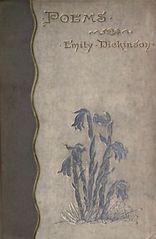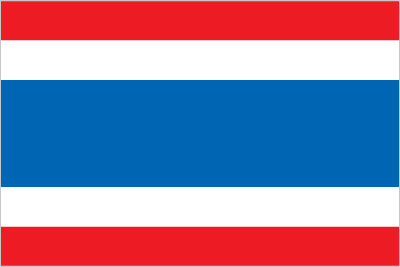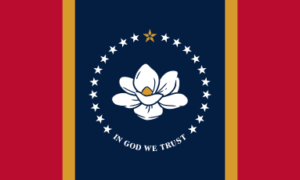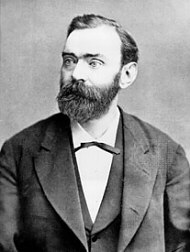Melvil Dewey (born Adams Center, New York, 1851; died Highlands County, Florida, December 26, 1931) created the Dewey decimal book classification system. He advocated the use of the metric system as well. You can read some of his works at: Project Gutenberg.
Emily Elizabeth Dickinson (born Amherst, Massachusetts, 1830; died Amherst, Massachusetts, May 15, 1886) was a poet. A very shy  individual, she rarely traveled. Only a few of her poems were published during her lifetime. After her death, her sister Lavinia found hundred of poems among her effects. Lavinia was able to publish some of the poems. People appreciated Dickinson’s work and more poems were issued. About 1,775 poems have been published, and Emily Dickinson is now regarded as one of America’s best poets. Children can find many of her poems at: Project Gutenberg.
individual, she rarely traveled. Only a few of her poems were published during her lifetime. After her death, her sister Lavinia found hundred of poems among her effects. Lavinia was able to publish some of the poems. People appreciated Dickinson’s work and more poems were issued. About 1,775 poems have been published, and Emily Dickinson is now regarded as one of America’s best poets. Children can find many of her poems at: Project Gutenberg.
Cornelia Funke (born Dorsten, Germany, 1958) writes fantasy and adventure stories for children. Her books include Dragon Rider, The Thief Lord, and the Inkheart Trilogy. Children could visit her absolutely amazing website at: Cornelia Funk.
Ada Lovelace (born London, United Kingdom, 1815; died Marylebone, United Kingdom, November 27, 1852) was a mathematician. She is best known for her work regarding Charles Babbage’s Analytical Engine. Some experts credit her with being the first computer programmer. Children could read Ada Lovelace: Poet of Science by Diane Stanley.
Mary Norton (born London, England, 1903; died Hartland, England, August 29, 1992) was a children’s author. One of her most famous works is Bedknobs and Broomsticks, published in 1957. She also wrote several books about the Borrowers. Children could learn more at: Mary Norton.
Ernest Howard Shepard (born London, England, 1879; died London, England, March 24, 1976) was an artist and illustrator of children’s books. He illustrated Wind in the Willows and Winnie-the-Pooh. Children can learn more at: Ernest Howard Shepard.



 individual, she rarely traveled. Only a few of her poems were published during her lifetime. After her death, her sister Lavinia found hundred of poems among her effects. Lavinia was able to publish some of the poems. People appreciated Dickinson’s work and more poems were issued. About 1,775 poems have been published, and Emily Dickinson is now regarded as one of America’s best poets. Children can find many of her poems at:
individual, she rarely traveled. Only a few of her poems were published during her lifetime. After her death, her sister Lavinia found hundred of poems among her effects. Lavinia was able to publish some of the poems. People appreciated Dickinson’s work and more poems were issued. About 1,775 poems have been published, and Emily Dickinson is now regarded as one of America’s best poets. Children can find many of her poems at: